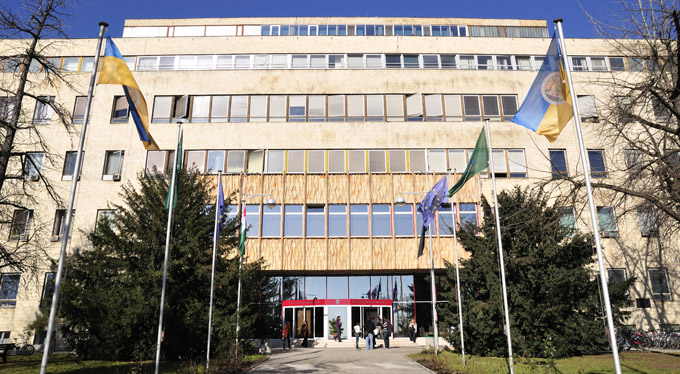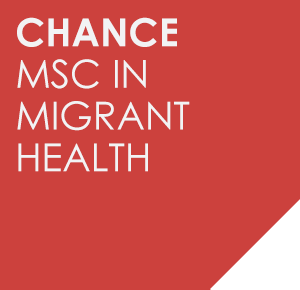
CHANCE: MSc curriculum in Migrant Health: Addressing New Challenges

István Szilárd coordinator of the ERASMUS Lifelong Learning Program co-financed CHANCE project
University of Pécs Medical School
The influx of migrants towards the European Union is continuously growing. It causes a challenging impact on all the health/public health, social and economic sectors of Europe. The CHANCE program is aiming to address this complex issue from the health angle, focusing on the alarming need in human resource capacity. In spite of this, at present there is a significant shortage of formal higher education programs in Europe aiming to train professionals with the necessary knowledge and skills enabling them to address this new challenge.
The main objective of the CHANCE program is in synergy with the WHO Public Health Aspects of Migration in Europe (PHAME) project that aims to strengthen countries’ capacities to manage large and sudden influxes of migrants. The CHANCE consortium of six EU academic institutions is coordinated by the University of Pécs with the co-financing of the EU ERASMUS Lifelong Learning Program in order to address this need for human resources.
The curriculum provides motivation and orientation, knowledge and skills for postgraduate students, health, public health and social care professionals who (intend to) assist, treat, care for and refer migrating persons and/ or design, plan and implement health and social care programs for migrating populations and their integration and/or for those who aim to participate in migrants’ health related researches. The academic content is built around six core competencies (C):
- C1: epidemiology and research methodology (University of East Anglia, UK).
- C2: environmental medicine and occupational health (University of Pécs, Hungary).
- C3: economic/health economic impact of migration (University of Pécs, Hungary).
- C4: organization and systems management (University of Krems, Austria).
- C5: clinical and public health assessment (University of Kosice, Slovakia).
- C6: social and behavioral aspects of migration including multicultural and multireligious aspects and their health/mental health impact (University of Greifswald, Germany).
The curriculum will be launched in the coming academic year. The University of Pécs’s Migrant Health Programs and the CHANCE website provide more detailed information about the program . Interested persons can already register in order to receive updated information.
The University of Pécs is proud to contribute with its experience and scientific capacity to the WHO PHAME program. Our training and research profile is in synergy with its objectives and the Newsletter is a challenging opportunity to assist in the strengthening of the response capability via advocacy, information sharing and training provision.


